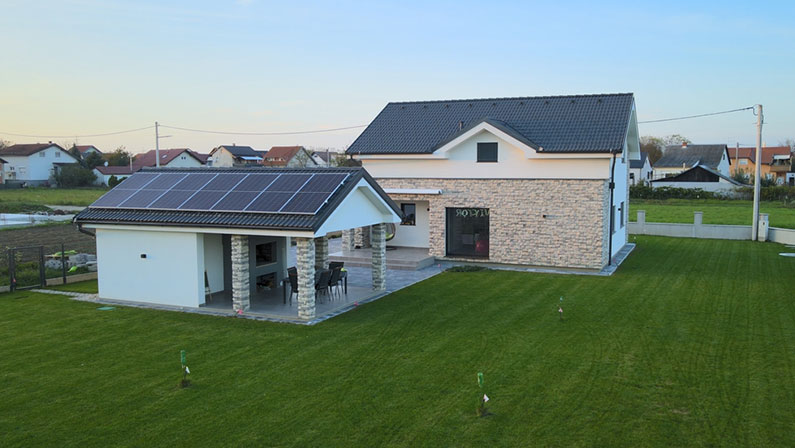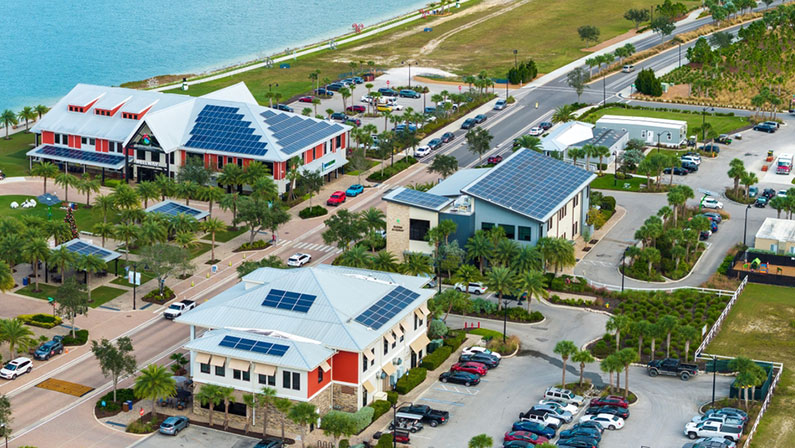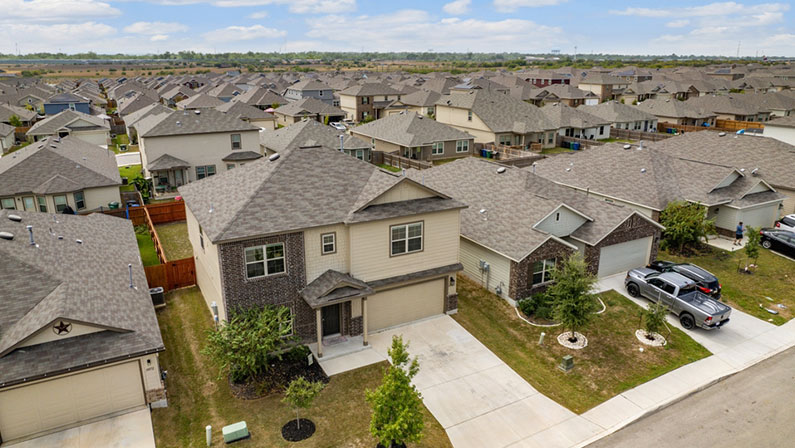What Is Wholesale Real Estate?
Wholesale real estate is a strategy where an investor, known as a wholesaler, contracts a property with the intent to sell it quickly at a higher price. The wholesaler doesn’t purchase the property outright. Instead, they secure the right to buy the property and then sell that right to another buyer, often an investor who plans to rehab or rent the property. This method allows the wholesaler to make a profit without ever owning the property.
What Is An Example of Wholesale Real Estate?

Take for instance a wholesaler finds a distressed property worth $200,000 that needs significant repairs. They negotiate with the owner and secure a contract to purchase the property for $150,000. The wholesaler then finds an end buyer, typically a rehabber or landlord, willing to pay $160,000. The wholesaler assigns the contract to the end buyer, who pays $160,000 for the property. The wholesaler pockets the $10,000 difference between the contracted price and the end buyer’s price.
How Does Wholesale Real Estate Work?
The process of wholesale real estate involves several key steps:
- Finding a Property
Wholesalers search for properties being sold below market value, often due to foreclosure, distress, or the owner’s need for a quick sale.
- Securing a Contract
The wholesaler negotiates a purchase agreement with the seller, often with clauses allowing assignment of the contract.
- Finding an End Buyer
The wholesaler then seeks out buyers interested in purchasing the property at a higher price.
- Assigning the Contract
The contract is reassigned to the end buyer, who completes the purchase, and the wholesaler earns the difference between the two prices.
Pros & Cons of Wholesaling Real Estate

Wholesaling real estate offers a unique approach to profiting from property investment. Here’s a breakdown of the advantages and disadvantages to consider:
Pros of Real Estate Wholesaling
- Low Barrier to Entry: Wholesaling requires minimal upfront capital compared to flipping. Since you act as a middleman and never take ownership of the property, you avoid the significant costs of buying and renovating. This makes it an attractive option for beginners in real estate investing.
- Faster Deals: Wholesaling deals typically move much quicker than flipping houses. You can find motivated sellers, secure contracts for wholesale real estate, and connect them with rehabber buyers in a matter of weeks. This faster turnaround allows you to generate profits more quickly and capitalize on multiple deals throughout the year.
- Reduced Risk: Unlike flipping, you’re not on the hook for potential problems that arise during renovations or unexpected market shifts. Wholesaling minimizes your risk by focusing on securing contracts and facilitating the transaction between seller and rehabber.
Cons of Real Estate Wholesaling
- Lower Profits: While wholesaling offers quicker entry and faster deals, the profit margins tend to be smaller compared to flipping. Your profit is based on the difference between the contract you secure with the seller and the price you negotiate with the rehabber buyer.
- Competitive Market: Finding motivated sellers with undervalued properties and rehabber buyers willing to pay your asking price can be challenging. The wholesaling market is competitive, requiring strong marketing and lead generation skills to identify and connect with the right parties involved in the deal.
- Reliance on Skills: Success in wholesaling hinges heavily on your marketing and negotiation abilities. You need to effectively market distressed properties to attract motivated sellers, and then possess strong negotiation skills to secure favorable contracts with both the seller and the rehabber buyer.
Wholesaling Real Estate Vs. Flipping Houses
In real estate, both wholesaling and flipping involve finding undervalued properties for profit. But they take very different approaches. Wholesaling Real Estate is like being a fast-paced matchmaker. You find motivated sellers with discounted properties and quickly connect them with rehabber investors willing to pay more. You never take ownership, so it requires less money upfront and closes deals quickly. However, the profit margins are typically smaller.
Flipping houses is more hands-on. You buy the property, renovate it to increase its value, then sell it for a profit. This requires more capital upfront for buying, renovating, and holding the property. It’s also a longer process with the risk of delays and cost overruns. But, successful flips can bring a much bigger return. Choose wholesaling for a quicker, less risky start, or flipping for potentially higher profits but with more involvement.
How To Wholesale Real Estate Like A Professional
Becoming a successful wholesaler involves mastering several key steps and skills. Here’s how you can get started and excel in the wholesale real estate market.
- Do Your Research
Understand your local market, identify areas with high demand, and learn about property values and trends.
- Find The Right Property
Look for distressed properties, foreclosures, or homes with motivated sellers. Networking, online listings, and real estate auctions can be valuable sources.
- Crunch The Numbers
Calculate potential profits by assessing the property’s value, necessary repairs, and your target selling price to end buyers.
- Get In Touch With The Seller
Negotiate directly with the property owner to secure a favorable contract. Building rapport and understanding their needs can help in negotiations.
- Perform Due Diligence
Verify property details, legal status, and any liens or encumbrances. This step is crucial to ensure a smooth transaction.
- Get The Property Under Contract
Use a contract that allows assignment and ensures protection for both parties. Familiarize yourself with the necessary legal terminology and clauses.
- Market Your Contract To Cash Buyers
Build a network of cash buyers interested in investment properties. Use online platforms, real estate clubs, and local networking to reach potential buyers.
- Reassign The Contract To The End Buyer
Once you have a buyer, reassign the contract, and facilitate the closing process. Ensure all parties understand their responsibilities and timelines.
Is Wholesale Real Estate Legal?

Yes, wholesale real estate is legal in most areas, but it’s crucial to understand and comply with local real estate laws. Regulations can vary, so consulting with a real estate attorney or expert can help ensure compliance.
Is Wholesale Real Estate A Good Investment?
Wholesale real estate can be a good investment for those willing to put in the effort to find deals and build a network of buyers. It offers the potential for quick profits with lower risk compared to traditional real estate investing.
Do I Need A Real Estate License For Wholesaling?
In many places, you don’t need a real estate license to wholesale properties, but having one can provide additional credibility and access to more resources. Some states have specific regulations, so it’s important to check local requirements.
Are You Considering Real Estate Wholesaling?
If you’re interested in the potential of wholesale real estate, Apex Realtors can help you navigate this investment strategy. As one of the top real estate agencies in Houston, TX, Apex Realtors offers expert guidance and support for homebuyers, sellers, and investors. Visit us at 5444 Westheimer Rd. Suite 1620, Houston, 77056 or explore our real estate services and residential listings.
Learn why Houston is a top destination for real estate investors and get in touch with Apex Realtors to start your wholesaling journey today.

